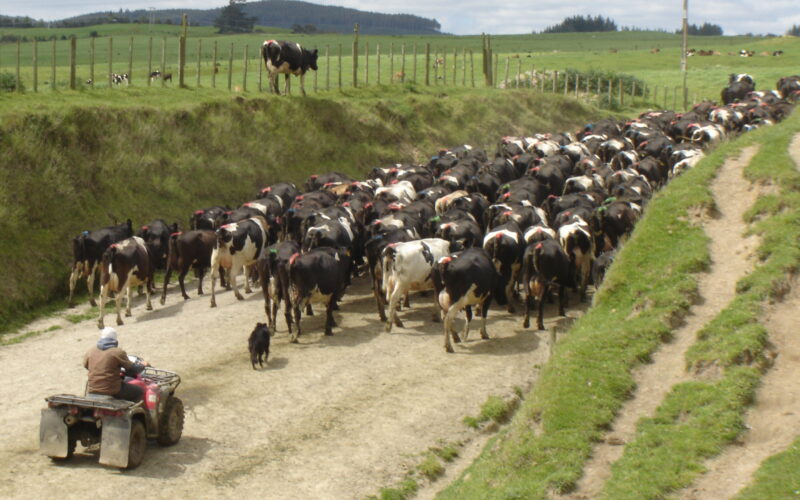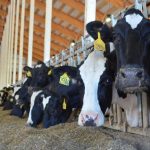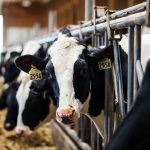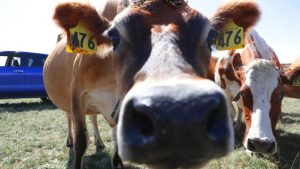
You can’t get good help these days – at least not without a focus on pay, working conditions and leadership.
Worker shortages in the dairy sector remain a challenge in the post-covid era.
While numbers are not as critical as they were during the pandemic, the financial constraints brought about by the low payout and high costs mean many are short-staffed.
DairyNZ people team leader Jane Muir says the level of strain experienced by farmers depends on their specific financial situation.
“There are farm employers who are very stressed, who are running short-staffed, and there are farmers who are very stressed due to financial concerns.”
If a staff member leaves, farmers in this situation will often not replace them.
“It’s still a tense situation and it’s still, as a sector, an area we need to really focus on because it’s not going to get easier, and we can’t farm without people. We have to keep getting better.”
However, there are others who have been able to absorb the costs,” Muir said.
The impact of the low milk price on employment and people management was put to farmers in a small DairyNZ survey carried out just before Christmas.
“Overwhelmingly, they said [it was] business as usual.”
Muir says the industry has returned to staffing shortages seen prior to the pandemic.
In that context, the industry has not improved its position. Another issue is the capability of people, and farmers are increasingly taking that into consideration when looking for staff.
For farmers, capability is a combination of skills and attitude – and the skills farmers need are changing.
New technology such as cow collars require different capabilities for workers, particularly if, for example, milk harvesting is a major component of a worker’s job. This has resulted in farmers upskilling their staff in an effort to retain them. Farming is changing and leadership to run staff has to change with it or it risk losing staff to other sectors.
The jobs being advertised also have to be competitive with those in other industries, Muir said.
“We have to do that because all of the demographics show there’s not enough people now and there’s not going to be enough people in the future. Every sector is competing for people. We have to do better.”
The package being offered has go beyond a competitive salary and include housing and working hours. There is an expectation, especially among people coming from other sectors, that these will be good.
With that higher renumeration come higher expectations from farmers regarding the staff they are hiring. Attitude is key for employers. In a DairyNZ employee survey last year, one-quarter of those surveyed said being a better boss should be a focus. A quarter cited better rosters and hours and half said better pay should be the priority, Muir said.
Farmers are getting better at being leaders for their staff and there is growing recognition in the sector of its importance.
It is hard and it takes sustained effort. For some, it comes naturally but for others it is a real challenge.
Many young people who are contract or sharemilking would also, until recently, have been employees, and this gives them more of an understanding of what is required to be a good employer and what being competitive looks like.
“Some of the upcoming sharemilkers and contract milkers are focused on leadership and are really offering great jobs for people because they know what it’s like,” Muir says.
You can now read the most important #news on #eDairyNews #Whatsapp channels!!!
🇺🇸 eDairy News INGLÊS: https://whatsapp.com/channel/0029VaKsjzGDTkJyIN6hcP1K
























